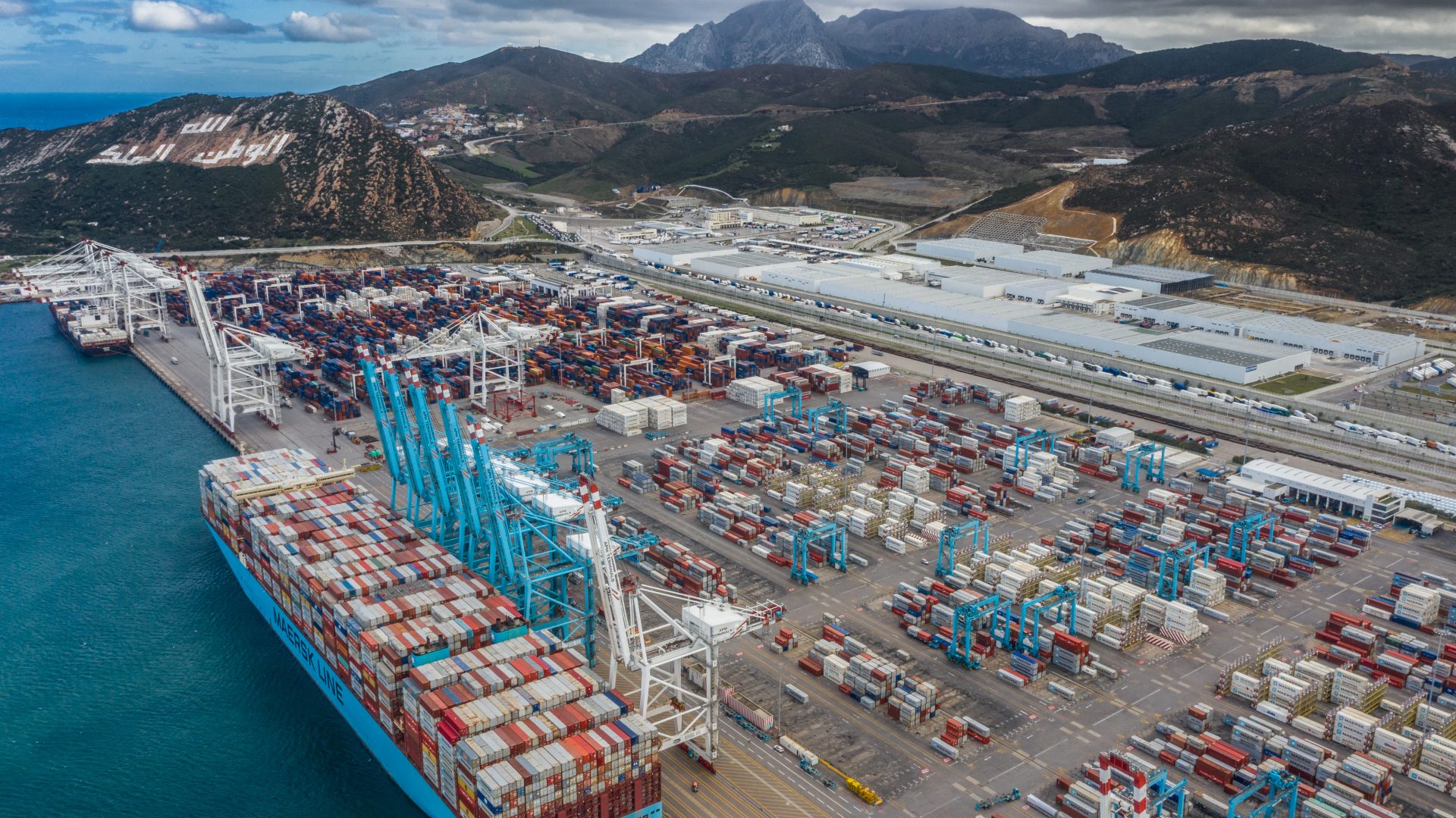The New York Times has exposed a covert operation in which Russia reportedly circumvents Western sanctions to obtain electronic components, using Morocco as a transit point. This revelation comes from correspondence accessed by the NYT, highlighting the involvement of Russian trade representatives and a Moscow-based electronics supplier.
In the emails, Russian officials are seen discussing logistics with ProSoft, a Moscow-based electronics supplier, for rerouting goods through Morocco. These goods, originating from manufacturing hubs like Taiwan, are transferred at Tanger-Med port to vessels heading to Russia. The communications indicate a well-organized operation, with Russian officials maintaining "constant contact" with the port director and projecting an annual trade potential of $10 million. Additionally, the port is said to have designated 20 operators for rapid loading of Russian-bound shipments.
“Just a week ago, it was not difficult to ship them to us from American and European suppliers,” a ProSoft executive wrote, referring to now-banned tech.
Central to this scheme is Invent Moroc, a Moroccan-registered company previously involved in scrap metal trade but now offering processors from American and European companies, such as Texas Instruments, Intel, and NXP. Invent Moroc's involvement signifies a shift in its business model, aligning with the demand for electronic components in Russia.
The port's spokesperson admitted to The New York Times that Tangier-Med cannot independently verify cargoes passing through it. Responses were not forthcoming from either Prosoft or Russian officials when approached for comments. Invent Moroc, however, claimed they ceased working with Russia following the onset of the war in Ukraine.
This investigative report by The New York Times underscores the complexities and loopholes in global sanction enforcement. It highlights the challenges faced by the US, EU, and other nations in restricting Russia's access to technologies essential for its defense and industrial sectors amid the ongoing war in Ukraine.
Read also:
- Zelenskyy addresses key issues in year-end press conference
- French retailer Decathlon keeps trading in Russia despite exit claims – Disclose
- EU adopts 12th package of economic and individual sanctions against Russia
- Europe must urgently prepare for potential Russian aggression on NATO’s eastern flank, Belgian Admiral says





